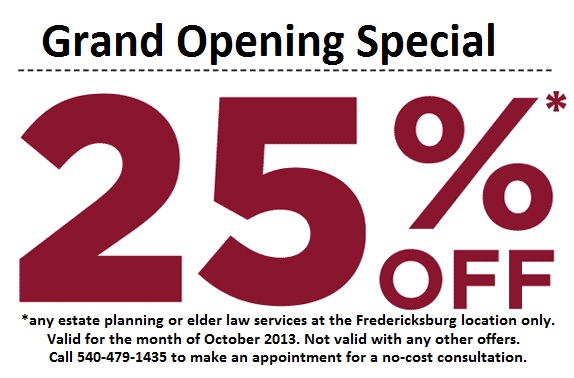When it is Time to Take the Car Keys Away: The Advance Driving Directive
Published: Tue, 10/15/13
|
|
|
 | |
|
Evan Farr's Elder Law and Estate Planning News |
|
When it is Time to Take the Car Keys Away: The Advance Driving Directive
If you cannot see the text below, please read the article on our blog.  It is often difficult to talk to an elderly
family member about giving up his or her car keys -- especially if the older
person doesn't agree that continuing to drive will be risky. Often, families are making the tough choice
between safety and independence on their own. For senior citizens, the fear that they may have to stop driving for good is almost too much to bear. The culture that we live in is built on mobility. Families often live at a great distance and friends are scattered and may have their own physical challenges to deal with. A driver's license signifies more than the ability to drive a car; it is a symbol of freedom and self-sufficiency. For a senior citizen, the loss of the ability to drive may feel like being trapped, isolated, and alone. Understandably, driving is not a privilege that older Americans typically want to relinquish willingly. Still, safety must come first. To decide whether driving is safe, loved ones and medical professionals need to monitor seniors and keep the following three aspects in mind: life and health (older drivers are more likely to be seriously injured or killed in a car accident), the safety of others(including family passengers, pedestrians and other drivers), and the potential financial liability of a serious accident that damages property and/or destroys lives. Factors that warrant monitoring and possible driving cessation or other alternatives include:
A study that was recently cited in an Associated Press article found that when doctors warn patients that they may be medically unfit to be on the road, there is a drop in serious crash injuries among those drivers, so if you or a loved one is experiencing any of the factors above, be sure to consult with a doctor. Read our recent blog post about this topic for more details. What happens when you are the person who should no longer be driving and the time has come for you to hand over your keys? Which loved one would you want to broach this important subject with you? Now, as part of your incapacity planning documents, you can indicate who you would trust to help you if you could no longer drive safely. Our firm can help you draw up an Advance Driving Directive to name the person that you want to initiate the discussion with you about continued driving (or not) when the time is right. Or you can use this one provided by the American Automobile Association. Unlike an Advance Medical Directive, which transfers decision making about medical decisions to the agent at the appropriate time, an Advance Driving Directive does not appoint someone to make the "stop driving decision" for the driver. Rather, it's about naming whom you would like to have broach this touchy subject with you. Planning in advance for cessation of driving or other alternatives can help keep you and others safe on the road, so be sure to incorporate an Advance Driving Directive as part of your planning. If you have not done Long-Term Care Planning, Estate Planning or Incapacity Planning (or had your Planning documents reviewed in the past several years), or if you have a loved one who is nearing the need for long-term care or already receiving long-term care, call the Fairfax and Fredericksburg Estate Planning Law Firm of Evan H. Farr, P.C. at 703-691-1888 to make an appointment for a no-cost consultation. |
| |||||||||
|
|
Unsubscribe to this Newsletter |









